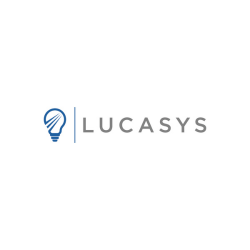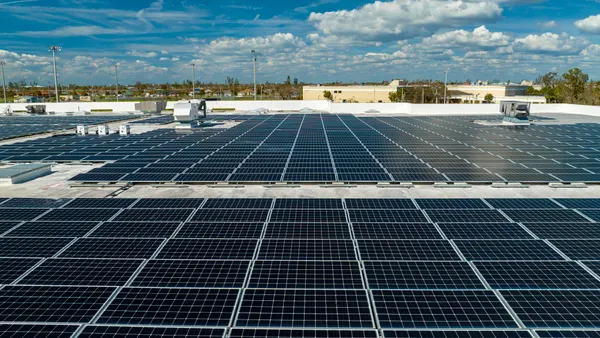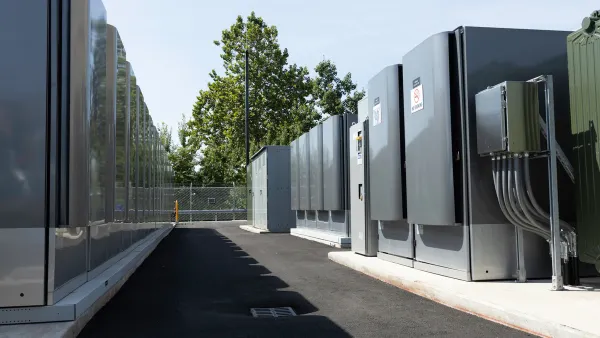Ketchup Caddy and its owner should pay about $27 million for manipulating the Midcontinent Independent System Operator’s demand response resource programs and offering uncontracted capacity into MISO’s capacity auctions, according to Federal Energy Regulatory Commission enforcement office staff.
“Ketchup Caddy operated as a fraudulent enterprise with no legitimate market activity, registering and clearing demand resources without their knowledge or consent and collected capacity payments in turn, without making payments to the registered resources,” FERC enforcement office staff said in a report on its investigation released Wednesday as part of a “show cause” order.
Philip Mango, Ketchup Caddy’s CEO and co-owner, admitted that he didn’t try to contract with, or contact, potential customers, and that the fake customers Ketchup Caddy registered with MISO would not have responded if dispatched, enforcement office staff said.
Ketchup Caddy, Mango and Todd Meinershagen, a company co-founder, received about $1 million in capacity payments from three MISO capacity auctions starting with its 2019/20 auction, according to FERC staff.
The company’s fraudulent offers reduced revenue to other market participants by $17.6 million, staff estimated.
In December 2022, FERC approved a settlement agreement with Meinershagen, who agreed to pay about $525,000.
According to enforcement office staff, Meinershagen “scraped” an Ameren website to collect customer data. He used an automated tool to flood the website with millions of random account numbers until it found a valid customer account, and then downloaded the account data to a spreadsheet, FERC staff said. Ketchup Caddy used that information as the basis for its participation in MISO’s capacity auctions, according to staff.
Ketchup Caddy cleared 211.1 MW of capacity to begin performing on June 1, 2019, according to FERC staff. In the following two auctions, it cleared 303.2 MW and 372.3 MW. MISO did not call a curtailment event during those planning years and required only mock tests to verify performance, so Ketchup Caddy’s false registrations and offers went undetected until staff’s investigation, according to the report.
Mango told FERC staff he planned to “[d]o this for just a couple of years, make a bunch of money to put kids through school and do all those things, and no one’s hurt,” according to the report. “Upon further reflection, I realize the egregiousness and the error of my ways[.]”
Ketchup Caddy — a corporate entity that Mango had created to sell an in-car ketchup holder he invented — is based in Frisco, Texas, according to its market participant agreement with MISO. The grid operator removed Ketchup Caddy from its capacity market in October 2021 after it learned about Ketchup Caddy’s fraudulent registrations, FERC staff said.
FERC gave Mango and Ketchup Caddy 30 days to respond to the show cause order.















